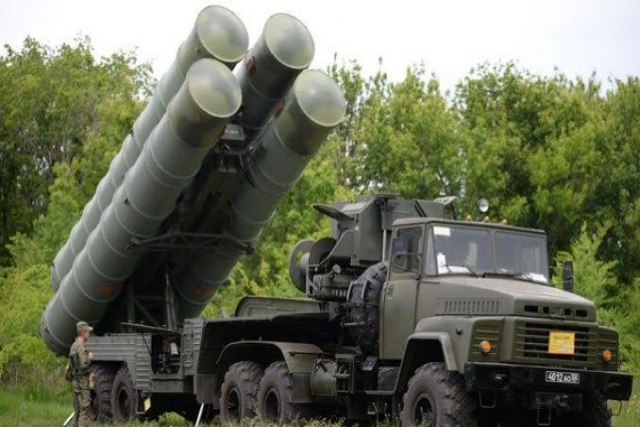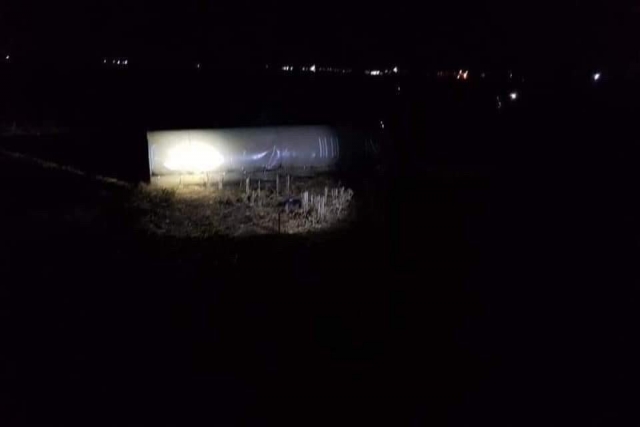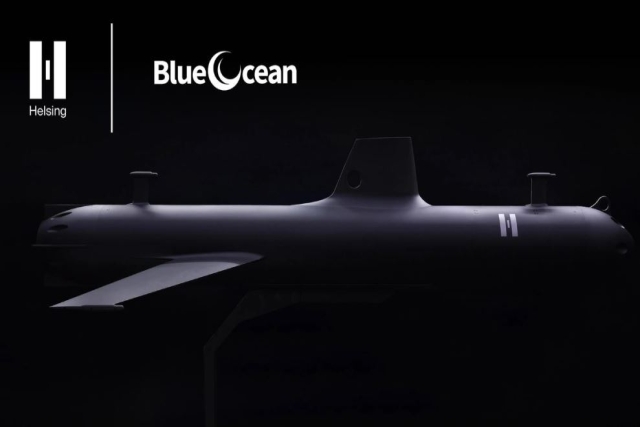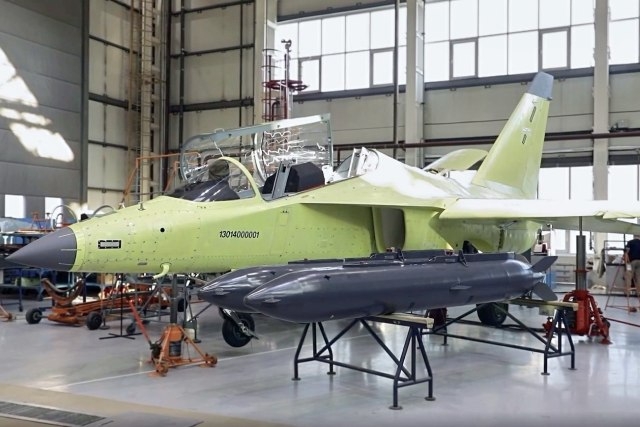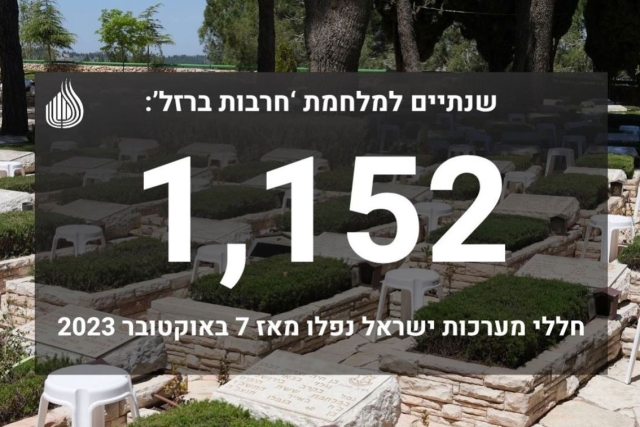Iraq Fears $35B Oil Revenue Freeze if it Expels US Troops
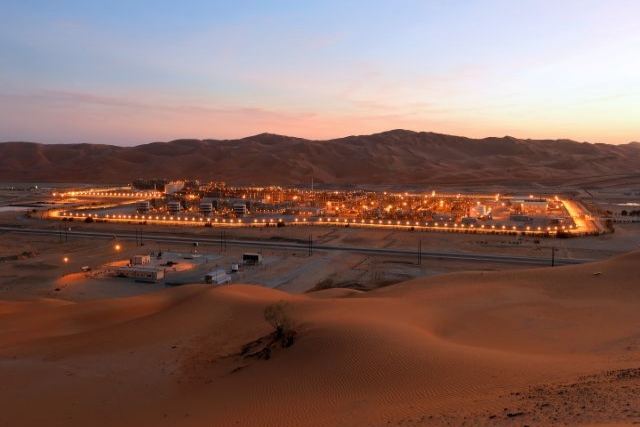
Iraqi officials have expressed fear of an economic meltdown if Washington imposed sanctions that it had previously hinted at, including freezing oil-revenue linked bank accounts in the United States in which Baghdad holds an estimated $35 Billion.
Oil revenues constitute up to 90% of the state’s budget and are held in US. The Central Bank of Iraq account was established in the "Federal Reserve" in 2003, in the wake of the US invasion that toppled the regime of former dictator Saddam Hussein.
Under Resolution 1483 of the United Nations Security Council, which lifted tougher international sanctions and the oil embargo imposed on Iraq after Saddam Hussein's invasion of Kuwait, all proceeds from Iraqi oil sales go to that account.
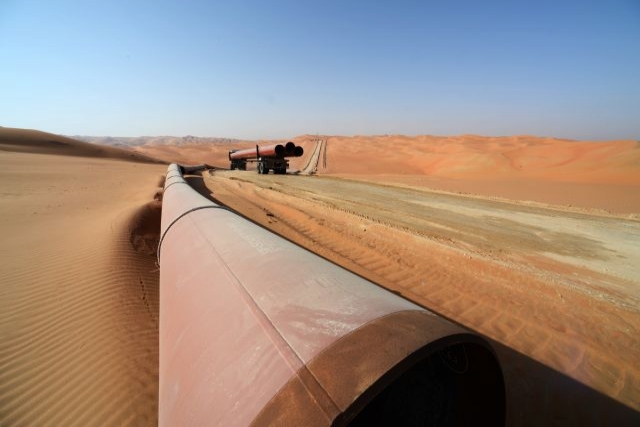
US President Donald Trump had threatened Iraqi officials with "sanctions they had not seen before" if they asked Washington to withdraw its forces from their country, after the Iraqi parliament voted on January 5 to remove foreign forces from the country.
Two Iraqi officials told Kuwait’s Aljarida newspaper that the United States subsequently delivered an extraordinary indirect verbal message to the office of resigned Prime Minister Adel Abdul Mahdi, the newspaper reported today.
And one of these officials revealed that "the Prime Minister's Office received a threatening call that if the American forces were expelled, the US would close your account at the Federal Reserve Bank in New York."
Iraq is the second largest producer of crude oil in the Organization of Petroleum Exporting Countries (OPEC), and depends on more than 90% of the state budget, which amounted to $112 billion in 2019, on oil revenues.
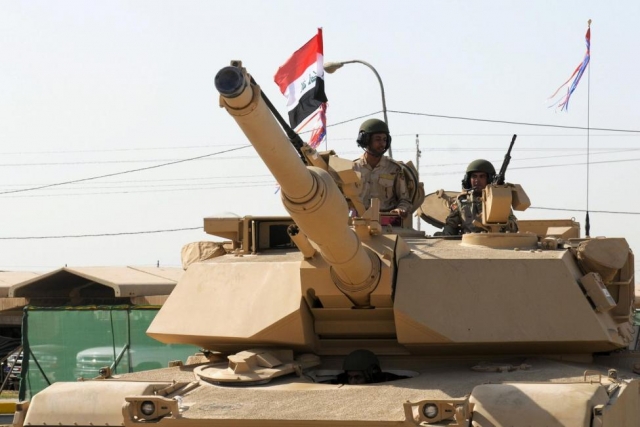
To this day, revenue is paid in dollars into the "Federal Reserve" account daily, and the balance now stands at about $35 billion, Iraqi officials have confirmed. And Iraq pays almost every month between one billion and two billion dollars in cash from this account, for official and commercial transactions.
The Iraqi officials said that US is considering other “less exciting” options including renewing the temporary exemption it granted to Iraq in 2018, which allows Baghdad to import gas from Iran to feed its electricity grid, despite US sanctions on the Iranian energy sector.
And in the event that Washington does not renew the exemption in February, the Iraqi Commercial Bank, which buys gas, may face secondary sanctions for dealing with Iranian entities listed on the blacklist.
Thanks to its burgeoning oil revenues, Iraq has become a major buyer of American arms with sales totaling $30 Billion in last 10 years. According to SIPRI, Iraq was the fifth biggest importer of US weaponry between 2009 and 2018.
